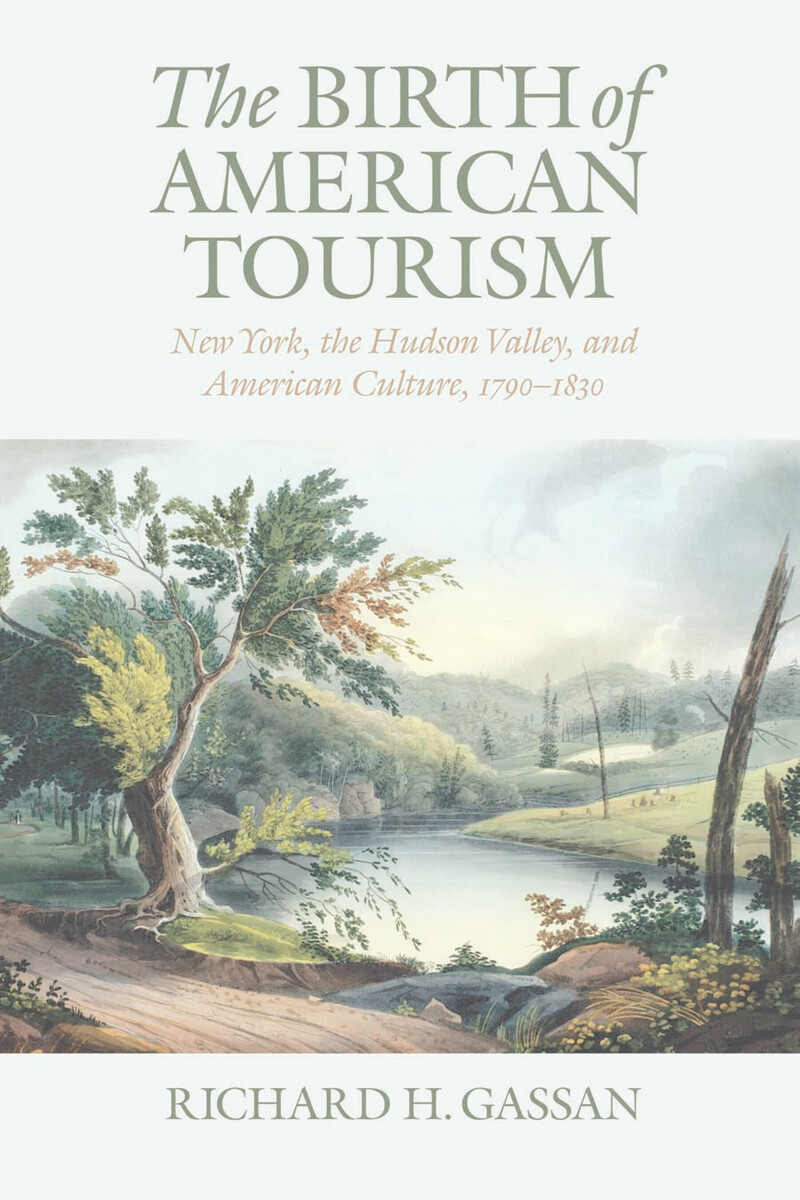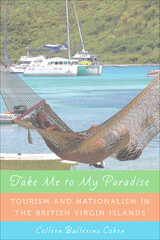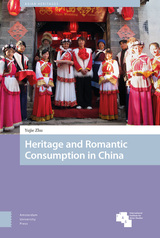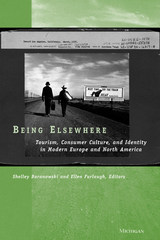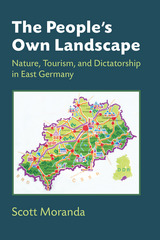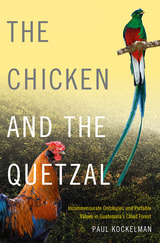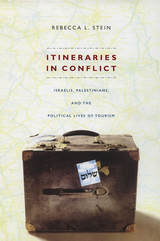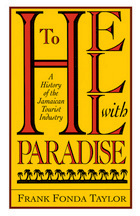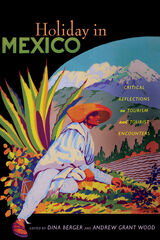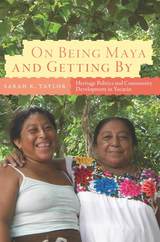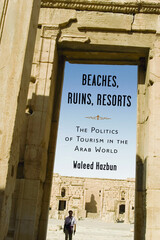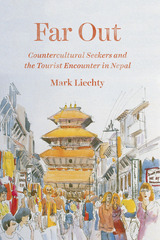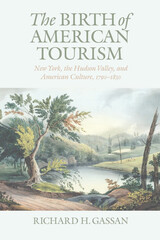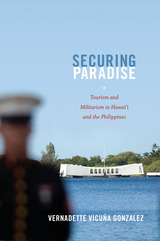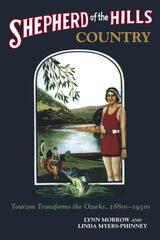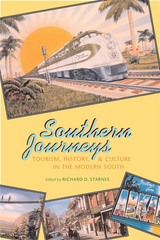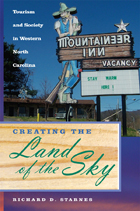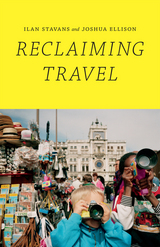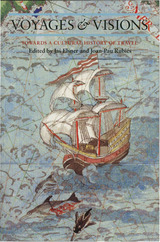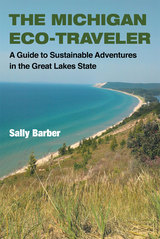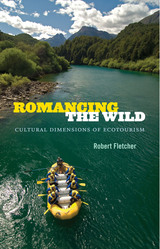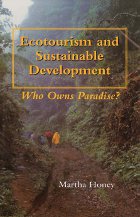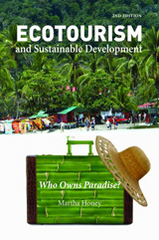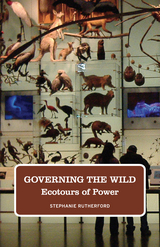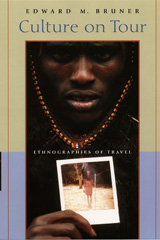The Birth of American Tourism: New York, the Hudson Valley, and American Culture, 1790-1835
University of Massachusetts Press, 2008
eISBN: 978-1-61376-092-5 | Paper: 978-1-55849-665-1
Library of Congress Classification G155.U6G37 2008
Dewey Decimal Classification 338.4791747043
eISBN: 978-1-61376-092-5 | Paper: 978-1-55849-665-1
Library of Congress Classification G155.U6G37 2008
Dewey Decimal Classification 338.4791747043
ABOUT THIS BOOK | AUTHOR BIOGRAPHY | REVIEWS | TOC
ABOUT THIS BOOK
Today the idea of traveling within the United States for leisure purposes is so commonplace it is hard to imagine a time when tourism was not a staple of our cultural life. Yet as Richard H. Gassan persuasively demonstrates, at the beginning of the nineteenth century travel for leisure was strictly an aristocratic luxury beyond the means of ordinary Americans. It wasn't until the second decade of the century that the first middle-class tourists began to follow the lead of the well-to-do, making trips up the Hudson River valley north of New York City, and in a few cases beyond. At first just a trickle, by 1830 the tide of tourism had become a flood, a cultural change that signaled a profound societal shift as the United States stepped onto the road that would eventually lead to a modern consumer society.
According to Gassan, the origins of American tourism in the Hudson Valley can be traced to a confluence of historical accidents, including the proximity of the region to the most rapidly growing financial and population center in the country, with its expanding middle class, and the remarkable beauty of the valley itself. But other developments also played a role, from the proliferation of hotels to accommodate tourists, to the construction of an efficient transportation network to get them to their destinations, to the creation of a set of cultural attractions that invested their experience with meaning. In the works of Washington Irving and James Fenimore Cooper and the paintings of Thomas Cole and others of the Hudson River School, travelers in the region encountered the nation's first literary and artistic movements. Tourism thus did more than provide an escape from the routines of everyday urban life; it also helped Americans of the early republic shape a sense of national identity.
According to Gassan, the origins of American tourism in the Hudson Valley can be traced to a confluence of historical accidents, including the proximity of the region to the most rapidly growing financial and population center in the country, with its expanding middle class, and the remarkable beauty of the valley itself. But other developments also played a role, from the proliferation of hotels to accommodate tourists, to the construction of an efficient transportation network to get them to their destinations, to the creation of a set of cultural attractions that invested their experience with meaning. In the works of Washington Irving and James Fenimore Cooper and the paintings of Thomas Cole and others of the Hudson River School, travelers in the region encountered the nation's first literary and artistic movements. Tourism thus did more than provide an escape from the routines of everyday urban life; it also helped Americans of the early republic shape a sense of national identity.
See other books on: Birth | Hospitality, Travel & Tourism | Hudson Valley | Revolutionary Period (1775-1800) | Tourism
See other titles from University of Massachusetts Press
